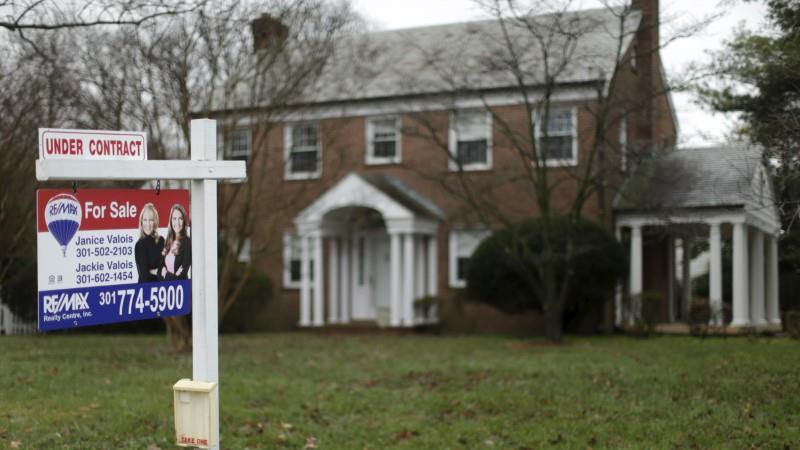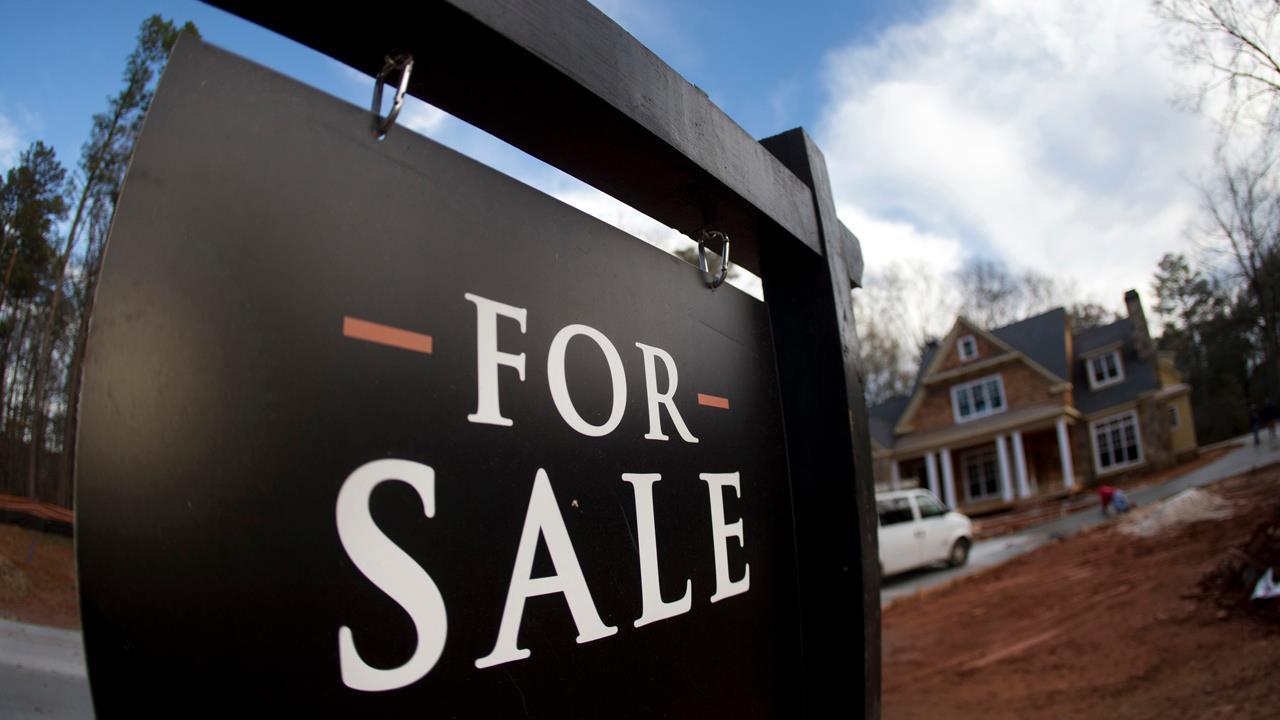Is single-family home ownership under attack?
Minneapolis changes its zoning laws to allow up to 3 units to be built on a residential lot
The stereotypical white-picket-fenced home in the suburbs might not be an achievable American dream anymore if you look at some real estate trends nationwide.
In November 2019, Minneapolis became the first big American city to change its single-family zoning rules in order to help alleviate housing shortage issues. The zoning rule change now allows residential buildings with up to three units to be built on any lot.
King's College chair of business and finance Brian Brenberg recalled his suburban childhood on the outskirts of Minneapolis to FOX Business' Charles Payne on Monday.
APPLE'S AFFORDABLE HOUSING PLAN OFFERS 'NO HOPE,' PROFESSOR SAYS
"It was modest, but it mattered so much, Charles, because these homes give you a sense of independence," Brenberg remembered. "When you have a home, you're not deeply connected to the federal government, the state government. You're connected to your local community."
Brenberg stated community engagement is harder to form when "people are stacked deep in apartments in the middle of a city with no ownership and nothing to cultivate."
FOR MILLENNIALS, IS RENTING ACTUALLY SMARTER THAN BUYING A HOME?
He insisted civic engagement teaches people how to invest long-term.
"I look at these stories, and I look at the battle against single-family homes [and] what I really see is people who want to erode that independence we want," Brenberg explained. "They want more people in this city. They want more people dependent on the levers of state and city government. They don't want people out there with that buffer zone against government, which allows families to flourish."
MORE MILLENIALS PLAN TO NEVER OWN A HOME. HERE'S WHY.
Brenberg asserted owning property protects against the state encroaching on your rights.
"If you want to destroy civic culture, the surest way to do it is to destroy property, making people depended upon," Brenberg concluded.
Homeownership rates for people ages 24 to 32 dropped nearly 9 percentage points between 2005 and 2014, with only 36 percent of millennials owning a home. And in January, the Federal Reserve estimated that 20 percent of that decline is attributable to student loan debt.
In the aftermath of the financial crisis, a number of millennials only have the option to rent because the cost of rental apartments have surged from their previous 300,000 annual rate level to 340,000 in September, Bloomberg reported. But single-family starts, after plunging from a 1.82 million annual rate in 2006 to 350,000 in 2009, have only revived to 920,000, well below the long-term average of 1.2 million.
"I want to own a home; I want to have my own existence," Brenberg said. "I don't want to be dependent. I don't want to be a landlord culture. I want to be the master of this space. I want to raise my family."
FURNITURE RENTAL STARTUPS BOOM AS HOMEOWNERSHIP DECLINES AMONG YOUNG CONSUMERS
Investors are also buying large swaths of single-family houses -- generally the target of first-time home buyers -- and converting them to rental units. Last year, investors bought 20 percent of houses in the lowest one-third price range, up from the 15 percent average, according to Bloomberg.
Brenberg worries moves similar to those Minneapolis is making will damage the American upward-mobility story.
"These movements pop up in little pockets here and there, under the radar, and before you know it, you can't buy a home," Brenberg explained. "It's too expensive for you. You're locked out of it, and you find out my only choice is to rent and we end up with a renter culture."
CLICK HERE TO READ MORE ON FOX BUSINESS
Politicians noticed the renter culture, too. In 2016 while campaigning, President Trump tweeted "American homeownership rate in q2 2016 was 62.9%—lowest rate in 51 yrs ... WE will bring back the ‘American Dream!’”
Brenberg argued single-family homes allow people to form bigger families because it's easier to raise kids in a home rather than in an apartment in the city.
"That's one reason why the hard, environmental left hates single-family homes because there's this view that somehow kids are bad for the environment," Brenberg reasoned. "So, if we don't let them have a home, put them in the city, they can't have big families."
CO-LIVING REAL ESTATE TREND HAS RENTERS SAVING THOUSANDS
An annual survey of millennials by rental listing site ApartmentList.com found that 12.3 percent plan to “always rent,” up from 10.7 percent from the previous year and even smaller percentages of millennials in earlier years.
The percentage of millennials who say they expect to always rent ranges from just 3.6 percent in Nashville, Tennessee, up to 18.2 percent in San Jose, California.
Being unable to afford a home was the most common reason millennials said they would rent forever, with 69 percent pointing to that as a cause.
GET FOX BUSINESS ON THE GO BY CLICKING HERE






















